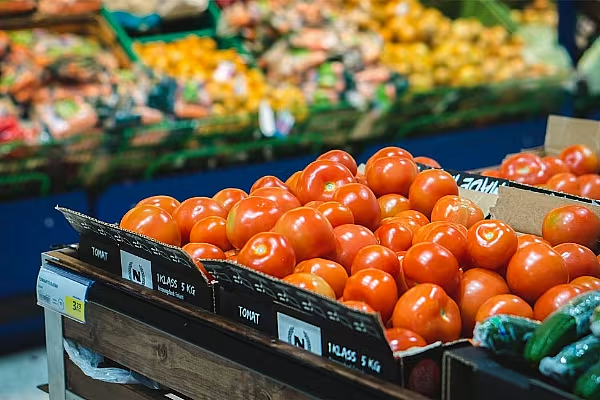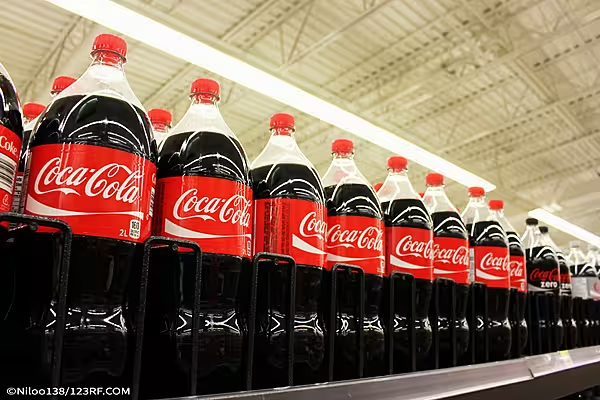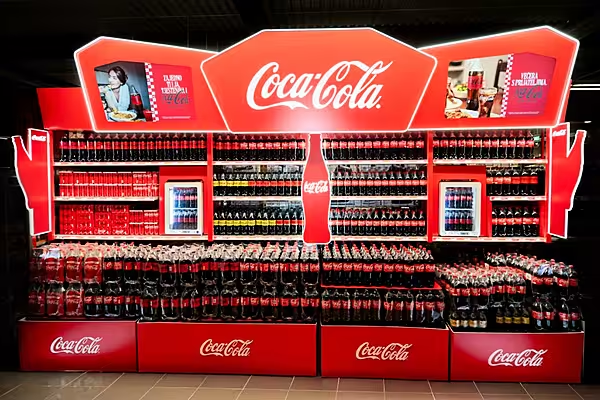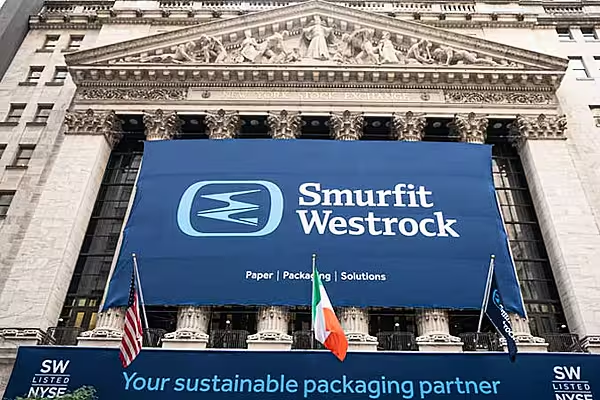UK Prime Minister Theresa May has outlined the government's 25-year plan for reducing waste and tackling climate change, with a strong focus on plastic packaging.
In a speech made today, May pledged to eliminate all 'avoidable' plastic waste by 2042, including bottles and other disposable packaging.
“Today I can confirm that the UK will demonstrate global leadership," she said. "We must reduce the demand for plastic, reduce the number of plastics in circulation and improve our recycling rates.”
Specifically, May proposed extending the 5p levy on plastic bags, which was first introduced in 2015, to smaller shops and retail businesses, and possibly to plastic containers such as takeaway boxes.
She also said that the government will work with supermarkets to introduce plastic-free aisles, where produce is sold loose or wrapped in recyclable or biodegradable materials.
"In years to come, I think people will be shocked at how today we allow so much plastic to be produced needlessly," added May. "This truly is one of the great environmental scourges of our time."
The proposals were welcomed by A Plastic Planet, a UK-based group that has been campaigning for plastic-free supermarket aisles.
Retail Reaction
The British Retail Consortium says that the industry welcomes the government's focus on pollution, but that a clearer strategy is needed to tackle the issues.
"A comprehensive approach will ensure that we avoid unintended consequences," said Andrew Opie, director of food policy at the BRC.
"For example, packaging plays a key role in the prevention of food waste – another key Government priority – with a shrink wrapped cucumber lasting five times as long as an unwrapped one."
In relation to extending the levy on plastic bags, the BRC says that it has always supported universal coverage of the carrier bag charge, and that retailers are continuing to reduce their own packaging, and ensure that the packaging they do use is recyclable.
However, the organisation warned that the government needs to develop a strategy to help retailers shift to a circular economy.
“One element missing from the plan is details on how we improve the waste and recycling infrastructure in the UK and work with local authorities to improve consistency in recycling collections," added Opie.
'More Robust Measures'
Another group that has expressed concern about these proposals is environmental organisation Greenpeace, which suggested that the government's proposals are not swift enough.
“Britain’s natural environment needs a 25-month emergency plan more than it needs a 25-year vision," said John Sauven, executive director of Greenpeace UK.
"If the government’s aim is to get through to young voters, they need to offer change that happens before these youths turn middle age. They should start by rolling out more robust and swift measures to stop plastic waste harming our oceans, clean up illegal air pollution and support the clean energy sources that can help stop climate change."
UK retailers Co-op and Iceland have already come out in support of a bottle deposit-return scheme, which has been proposed by Greenpeace.
The scheme would see retailers increase the price of plastic bottles, but allow customers to get their money back when they return the empty bottles.
Greenpeace says that the programme, which has already been introduced in several other countries, would reduce the amount of plastic waste in the oceans and benefit long-term sustainability.
© 2018 European Supermarket Magazine – your source for the latest retail news. Article by Sarah Harford. Click subscribe to sign up to ESM: The European Supermarket Magazine.














